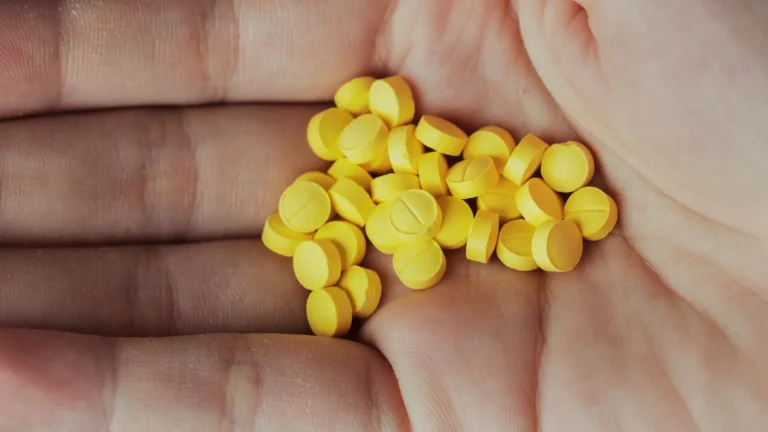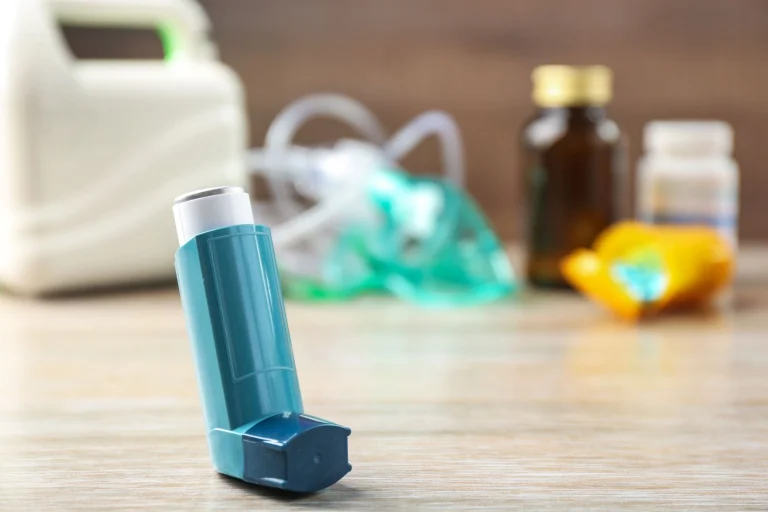
Food Stamp Program Reform: States Request Ban on Candy & Soda
- livewell
- April 16, 2025
- Noah Bennett
A Preview of SNAP
SNAP benefits pay less than half the cost of providing adequate nutrition for many families. This food stamp program is intended to help economically disadvantaged Americans improve their fitness levels. This also alleviates obesity-associated problems in the population.
As part of the efforts to improve health outcomes, Arkansas’ Governor Sarah Huckabee Sanders aims to limit SNAP-related expenditures to about $50 per month per person in food. Also, Indiana Governor Mike Braun proposed some of his amendments, which included tightening eligibility and work requirements for SNAP and Medicaid.
Part of the “Make America Healthy Again’’Campaign
These policies also further expand the ‘Make America Healthy Again’ campaign spearheaded by the U.S Secretary of Health and Human Services, Robert F. Kennedy Jr., and the Director at the Centers for Medicare & Medicaid Services, Dr. Mehmet Oz.
The goal of the MAHA initiative is to encourage adoption of healthier lifestyles among the American populace. The food stamp program sought to implement policies such as aid-giving limitations or mandatory nutrition assistance programs, and restrictive policies.
Other States Consider Following Suit
Utah and Idaho have also placed food stamp program options on the table. One example is that Sugar is NOT a SNAPable for items such as soft drinks and candy with a purchasing ban on SNAP benefits, which is under consideration in Utah’s HB403.
Idaho’s House Bill 109 also just squeaked by, requiring the state’s Department of Health and Welfare to seek permission from the federal government to remove candy and soda from SNAP benefits.

Supporters Highlight Health and Cost Benefits
Supporters believe that these guidelines will boost nutrition and physical activity levels while helping control health care spending on chronic illnesses caused by obesity. These view holders maintain that SNAP benefits should shift its focus on providing a healthy food initiative towards serving the needy via more subsidized fresh produce instead of circumventing junk food.
As Sanders said during a press meeting in Little Rock alongside U.S. Agriculture Secretary Brooke Rollins, “Taxpayers are subsidizing poor health.” “We’re paying for it on the front end and the back end.”
While in Indiana SNAP, Governor Mike Braun convened with US Secretary of Health Robert F. Kennedy Jr. and Centers for Medicare and Medicaid Services head Mehmet Oz to announce policies which aim to “shift the focus back to nutrition, candy, and soft drinks not included.”
These two states are among those looking into cutting the subsidy, which provides $100 billion to feed almost 42 million Americans, to limit the purchase of food that contains ingredients associated with poor health. This restriction is part of the agenda led by Rollins alongside Kennedy and “Make America Healthy Again.”
Defending Recipients of SNAP
Critics, however, defend recipients by arguing that these food stamp program bans on selected items may not eliminate health matters concerns. Suggesting that set measures will fail to result in positive outcomes, though they create greater barriers for retailers.
Even state attempts from New York and Maine to place such restrictions were met with opposition from the USDA over defining eligible items and stifling personal choice.
USDA May Be Open to Pilot Programs
Under Secretary Brooke Rollins, the USDA has appeared more receptive to letting states try out such limits, indicating a possible change in stance at the federal level. These pilot programs at the state level might become the basis for future Arkansas SNAP limitations across the country if accepted. During the debate, the results of these proposals will shape the future of nutrition assistance programs and public health in the United States.
Hello! This is Customer Support
Feel free to contact us and we will provide you with information and guidance
Interesting Posts



Which Hygiene Practice Has Both Social and Health Benefits?
February 12, 2024

Best Breakfast Items For Seniors To Eat
October 24, 2023

Utah To Become First State Prohibiting Fluoride in Water
February 26, 2025

Medical Myths Surveys | What The Data Reveals
August 29, 2024
Wherever the art of Medicine is loved, there is also a love of Humanity
- Hippocrates Tweet
Related Posts

Side Effects from Benzonatate You Need to Take Care of
August 4, 2025

Albuterol VS. Symbicort: Key Benefits and Risk Factors
June 26, 2025

Intense Bloating After Eating: What’s Really Happening?
June 26, 2025



